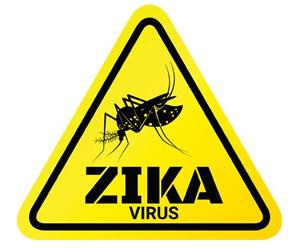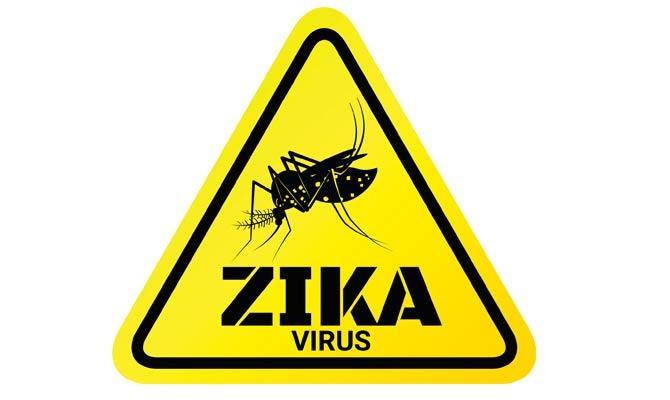In a first, researchers have found evidence of higher susceptibility of some babies to the Zika virus due to a genetic origin, a finding that may help in future vaccine strategy


Representational Picture
ADVERTISEMENT
In a first, researchers have found evidence of higher susceptibility of some babies to the Zika virus due to a genetic origin, a finding that may help in future vaccine strategy. A Zika virus outbreak in Brazil in 2015 had led to widespread concern after rising incidents of microcephaly were noticed in children born to mothers infected with the virus. The findings, led by researchers from the University of Sao Paulo in Brazil, showed that nearly six to 12 per cent of the babies born from mothers infected with Zika during pregnancy had the congenital Zika syndrome.
Congenital Zika syndrome is a unique pattern of birth defects found among foetuses and babies infected with Zika virus during pregnancy. It is characterised by partially collapsed skull, decreased brain tissue, damage (i.e., scarring, pigment changes) to the back of the eye, clubfoot, etc, according to the Centres for Disease Control and Prevention (CDC). Congenital Zika syndrome causes early brain development impairment by affecting neural progenitor cells -- that can lead to the cells that form the brain and other parts of the central nervous system. The results, published in the journal Nature Communications, indicate that the development of the Zika syndrome in babies is not random, it depends on neural progenitor cells susceptibility.
It is possibly related to variants in several genes or to mechanisms that control gene expression and protein production. "We demonstrated that the infection is not random. It reinforces our hypothesis of a genetic component increasing the susceptibility to congenital Zika syndrome," said lead author Mayana Zatz from the varsity.
For the study, the team examined nine pairs of twins from six Brazilian states in which at least one baby had microcephaly. They also studied 18 affected congenital Zika syndrome babies as compared to five unaffected twins and 609 controls. From these babies, three pairs of non-identical, discordant twins had their blood samples collected, from which neural progenitor cells were derived. Then, the researchers infected the progenitor cells with a Brazilian Zika virus strain. Prior to Zika virus infection the progenitor cells from congenital Zika syndrome babies show a significantly different gene expression signature that are key to a neurodevelopmental programme.
Following Zika infection in vitro, cells from affected individuals had significantly higher Zika virus replication and reduced cell growth. These results confirmed the hypothesis of a genetic or epigenetic influence on susceptibility to congenital Zika syndrome and microcephaly. However, a single gene cannot explain the cases of congenital Zika syndrome development nor the brain resistance to Zika virus, the researchers said. "If the baby has these genetic susceptibility factors, we believe he will not have microcephaly unless he is infected by the Zika virus. Maybe we can identify these people and prioritise them in a future vaccine strategy," Zatz noted.
Catch up on all the latest Mumbai, National and International news here
Download the new mid-day Android and iOS apps to get updates on all the latest and trending stories on the go
 Subscribe today by clicking the link and stay updated with the latest news!" Click here!
Subscribe today by clicking the link and stay updated with the latest news!" Click here!






